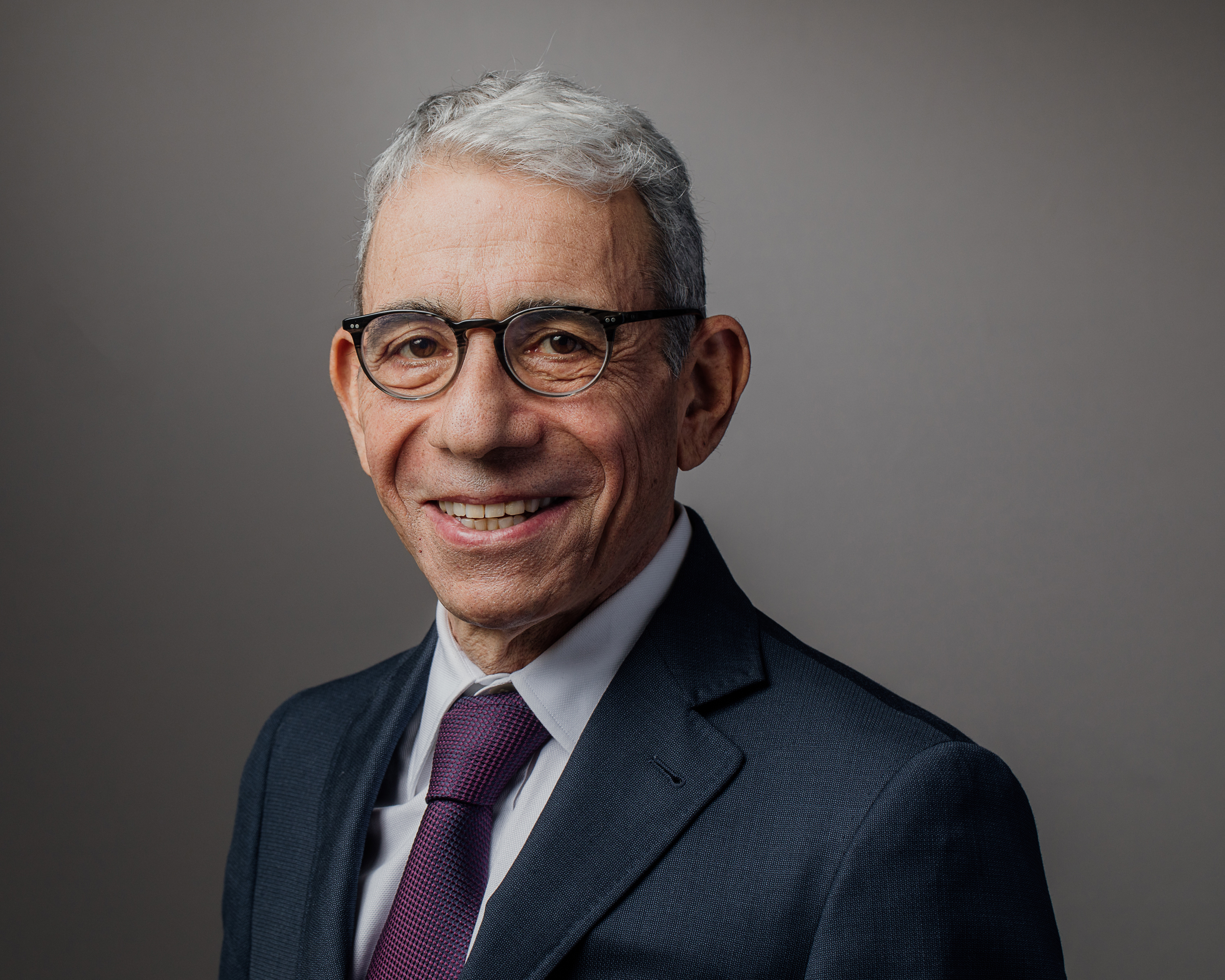Eric P. Winer, MD, Alfred Gilman Professor of Medicine and Pharmacology, director of Yale Cancer Center, and physician-in-chief of Smilow Cancer Network, has begun a one-year term as president of the American Society of Clinical Oncology (ASCO). His presidency marks the second year of a four-year leadership cycle that began in 2021 when he became president-elect. Following his presidency, he will serve one-year terms as chair of the board and then as past president. Since it was founded in 1964, ASCO has been dedicated to one basic mission—to improve the care of people with cancer.

First, the actual patient-clinician relationship has changed in the era of electronic communication, the electronic medical record, the use of telemedicine, and widespread access to information on the internet, not all of it accurate. “I hope to better understand the shift that has occurred in patient-clinician relationships,” Winer says, “and provide guidance to both clinicians and patients about how to manage this new reality.”
Second, as patient partners, he says clinicians need to advocate forcefully on behalf of all patients, both throughout the United States and around the world, to have access to critical cancer treatments—particularly those treatments that have been shown to extend life. “Similarly, we need to expand access to clinical trials and increase participation of diverse populations in clinical trials,” says Winer. “Without this participation, our trial results may only apply to subsets of the population.” This work extends ASCO's long-term commitment to providing all patients with equitable care.
Finally, clinician burnout is rampant in medicine. Its effects include early retirements, as well as a decline in some clinicians’ motivation to provide their best care. Burnout has been attributed to increasing time spent on documentation, insurance approvals, and other tasks that distract from direct patient relationships. Winer says he is determined to help that situation however he can, for the benefit of patients and clinicians alike. “One of the things we need is to reestablish the joy that one can experience taking care of patients with cancer,” he says. “It is a privilege to be an oncologist. When you see a new patient who has a cancer diagnosis, you suddenly have this door into their lives and oftentimes into their families’ lives. You can either choose to go in or hold back. But if you choose to enter that door, it can be a very fulfilling experience. At the same time, we have to make sure that clinicians are not overwhelmed with non-patient-facing tasks that keep them from engaging with patients.”
More than anything else, what influences my presidential agenda is the fact that I am first and foremost a clinician. Everything I do is influenced by what I have learned from my patients, including my work as a researcher, mentor, and administrator.
Eric P. Winer, MD
Winer has spent a decades-long career treating patients with breast cancer, something he feels is invaluable for the role he is taking on. “More than anything else, what influences my presidential agenda is the fact that I am first and foremost a clinician,” he says. “Everything I do is influenced by what I have learned from my patients, including my work as a researcher, mentor, and administrator.”